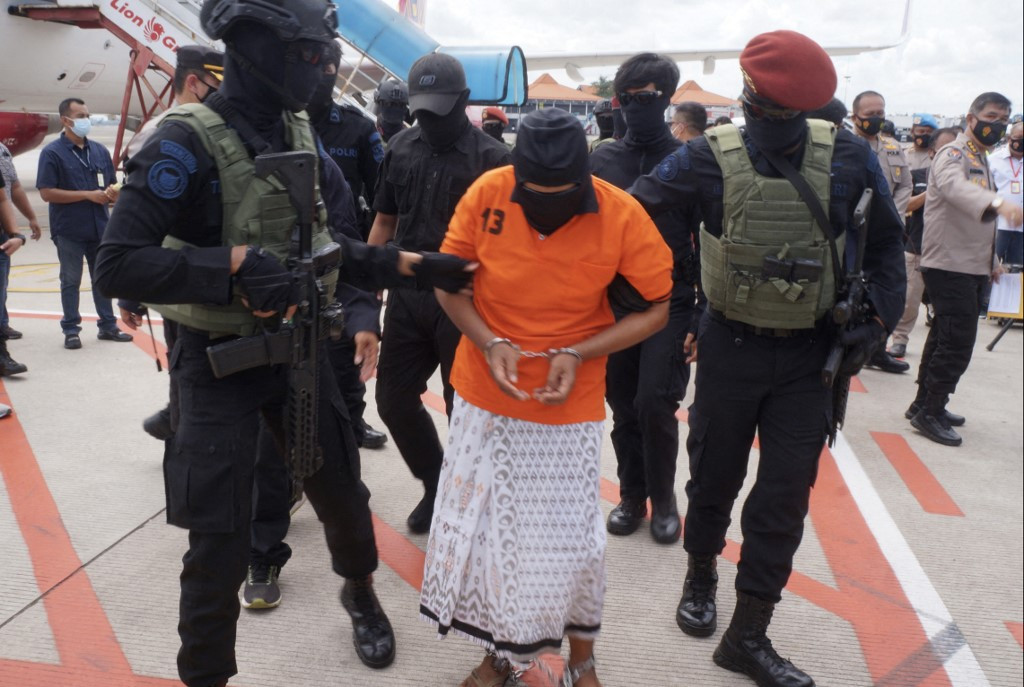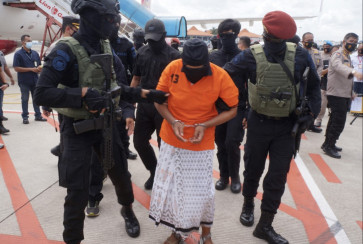Popular Reads
Top Results
Can't find what you're looking for?
View all search resultsPopular Reads
Top Results
Can't find what you're looking for?
View all search resultsIdeological warfare: Conception, misconception and blunders
History has taught us that neither power nor wealth determines the outcome of ideological conflict: It is the state with the stronger ideology that wins.
Change text size
Gift Premium Articles
to Anyone
O
f all the burning issues this world is embroiled in, terrorism, or jihadism, is arguably the most important issue at present. In the post-9/11 epoch, the global arena is ensnared in a new dimension of terrorism that has been disseminated rapidly to all countries in the world, and Muslim countries are no exceptions.
At present, 30 to 40 countries with a Muslim majority are directly or indirectly engaged in the "war on terror" spearheaded by the United States and its allies. Even after two decades of this war on terror, jihadism is not at all extinct and is instead challenging the status quo in the global system.
However, owing to a lack of adequate comprehension of the ideology, aim and procedure of jihadism, the West has failed to perceive this ideological warfare accurately and thus, paved the way for the jihadist movement to overturn the existing global system.
There are two global Islamic radical forces operating with unconventional fighters: Al-Qaeda (AQ) and Islamic State. Among them, AQ is emerging as a game changer in the social fabric, political structure and geostrategy of the world. I will dwell on only AQ today because this extremist organization is getting stronger day by day.
AQ leaders' statements since the mid-1990s predominantly allude to three core principles, which are in sharp contrast to secular, democratic and religious reform ideologies. First is “the Quran-based authority to govern”: AQ is fighting to create a sharia-based Islamic emirate and strongly reprehends the other secular, manmade systems of rule that are deemed contrary to the Islamic faith.
Second is “the liberation of the homeland”: They are struggling to oust every aggressor from Muslim countries. Third is “the liberation of the human being”: A vision of a contractual-social relationship between Muslims and their rulers that would permit the subjects to choose and be scathing to their leaders, and to raise resistance and overthrow them if need be, should they dissent from Islamic laws and principles.
In my opinion, AQ's objective is to demonstrate and characterize its activities as religiously defensive and sanctioned will garner support for its broader ideological program from the masses. The identification of limited political objectives and the exposition that they are aiming at resolving broader grievances may generate broader appeal.



















